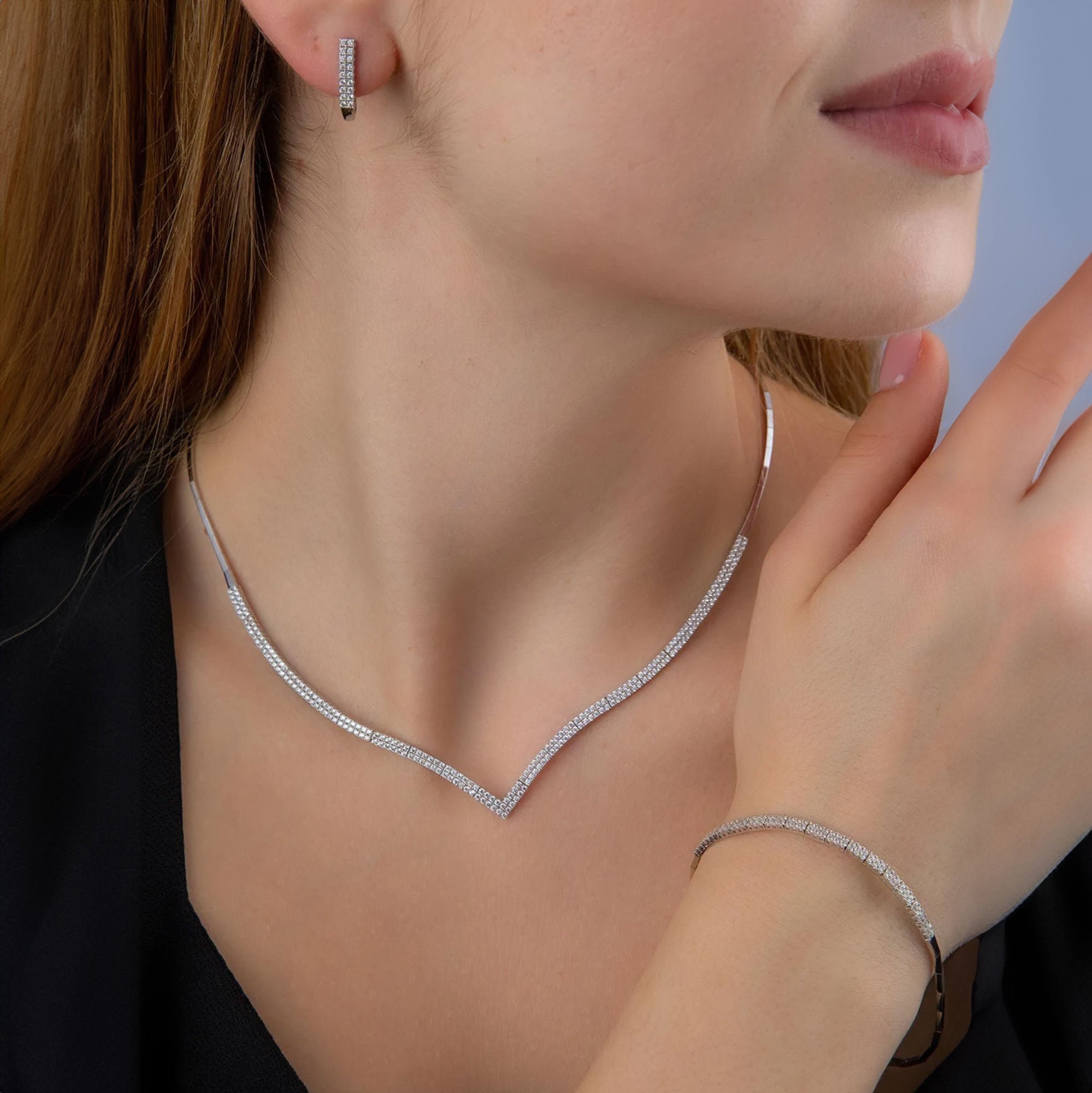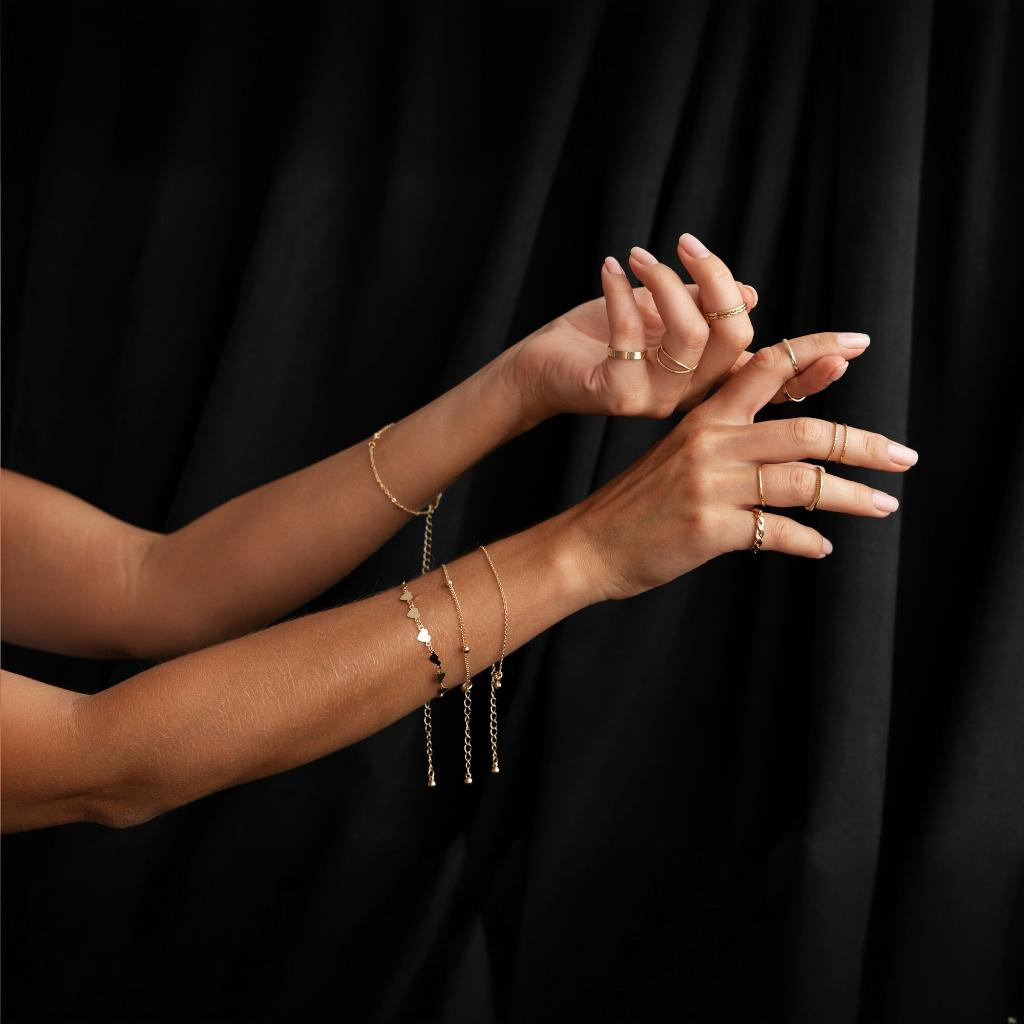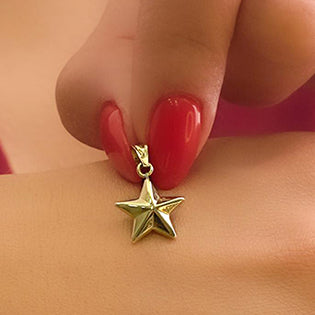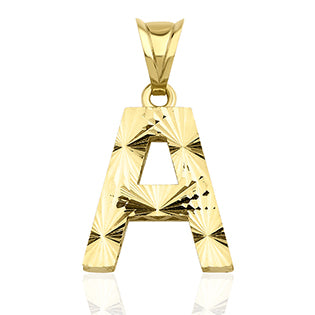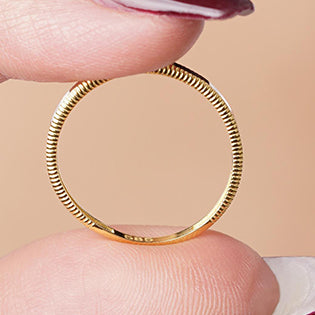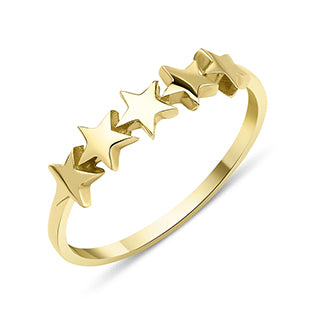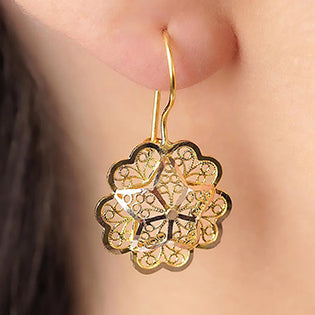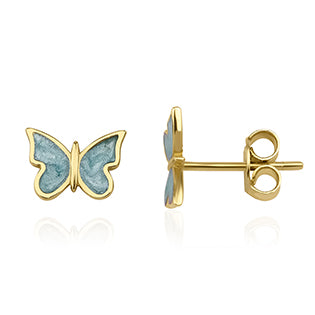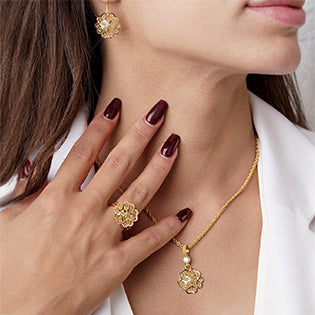
How to Avoid Jewelry Online Store Scams
The rise of e-commerce has made purchasing jewelry more convenient than ever, offering access to a vast array of designs from around the world. However, the online jewelry market has also become a breeding ground for scams, with fraudsters exploiting unsuspecting buyers through fake websites, counterfeit products, and misleading claims. Falling victim to an online jewelry scam can result in financial loss and disappointment. This article provides a comprehensive guide on how to avoid jewelry online store scams, offering practical tips to ensure safe and secure purchases.
Understanding Jewelry Online Store Scams
Jewelry scams in e-commerce often involve tactics designed to deceive buyers into purchasing low-quality, counterfeit, or nonexistent products. Common scams include:
-
Counterfeit Jewelry: Selling low-value materials (e.g., plated metals) as precious metals like gold or silver.
-
Non-Delivery Scams: Taking payment but never shipping the product.
-
Bait-and-Switch: Advertising high-quality jewelry but delivering inferior items.
-
Fake Reviews: Using fabricated customer reviews to build false trust.
-
Phishing Websites: Creating fake online stores to steal personal and financial information.
Understanding these tactics is the first step to protecting yourself. Below are actionable strategies to avoid falling victim to these scams.
Tips to Avoid Jewelry Online Store Scams
1. Research the Seller
Before making a purchase, investigate the seller’s reputation. Check for a physical address, contact information, and a professional website. Reputable sellers often have a history of positive customer feedback. Look for reviews on third-party platforms like Trustpilot or Google Reviews, as these are harder to manipulate than reviews on the seller’s own website. Avoid stores with no verifiable information or those that appear only on social media marketplaces.
2. Verify Website Security
Ensure the online store uses a secure connection. Look for “https://” in the website URL and a padlock icon in the browser’s address bar. Secure websites encrypt your personal and payment information, reducing the risk of data theft. Avoid entering sensitive information on websites that lack these security features or display suspicious pop-ups.
3. Check for Authenticity Certifications
When purchasing precious metals or gemstones, insist on certifications that verify authenticity. For example, gold and silver jewelry should come with a certificate of purity (e.g., 24K, 18K), while gemstones should have certifications from reputable organizations like the Gemological Institute of America (GIA). Be wary of sellers who cannot provide such documentation or offer vague claims about quality.
4. Be Skeptical of Unrealistic Deals
If a deal seems too good to be true, it probably is. Scammers often lure buyers with heavily discounted prices on high-value items like diamond rings or gold necklaces. Compare prices with reputable retailers to ensure they align with market rates. For instance, pure gold jewelry priced significantly below the current market value of gold is likely a scam.
5. Read Product Descriptions Carefully
Scammers may use misleading language to obscure the true nature of their products. For example, terms like “gold-toned” or “diamond-like” often indicate plated metals or synthetic stones. Ensure the product description clearly states the materials used, such as “sterling silver” or “natural sapphire.” If details are vague or missing, contact the seller for clarification before purchasing.
6. Use Secure Payment Methods
Opt for payment methods that offer buyer protection, such as credit cards or trusted platforms like PayPal. These methods allow you to dispute charges if the product is not delivered or differs from the description. Avoid using wire transfers, cryptocurrency, or cash apps, as these are difficult to recover in case of fraud. Be cautious if a seller insists on unconventional payment methods.
7. Check Return and Refund Policies
Reputable online jewelry stores have clear return and refund policies. Before purchasing, review the store’s policies to ensure you can return the item if it’s not as described or arrives damaged. Be wary of stores with no return policy or vague terms, as this may indicate an unwillingness to address customer issues.
8. Look for Customer Reviews and Ratings
Authentic customer reviews provide insight into a seller’s reliability. Check reviews on independent platforms and pay attention to recurring complaints about non-delivery, poor quality, or unresponsive customer service. Be cautious of stores with only glowing reviews, as these may be fabricated. Cross-reference reviews with social media or forums for a balanced perspective.
9. Avoid Impulse Purchases
Scammers often create a sense of urgency with “limited-time offers” or “low stock” alerts to pressure buyers into quick decisions. Take your time to research the seller and product before committing. If you feel rushed, step back and evaluate the situation to avoid making a hasty purchase.
10. Use Trusted E-Commerce Platforms
Purchase from well-known platforms like Etsy, Amazon, or established jewelry retailers with a proven track record. These platforms often have buyer protection policies and vet sellers to reduce the risk of scams. If buying from a standalone website, verify its legitimacy through online searches and customer feedback.
Additional Precautions
-
Beware of Phishing Emails: Scammers may send fake emails posing as legitimate retailers, directing you to fraudulent websites. Always access online stores directly through their official website rather than clicking on email links.
-
Test the Product Upon Receipt: If possible, have the jewelry appraised by a professional jeweler upon delivery to verify its authenticity and quality. This is especially important for high-value purchases.
-
Monitor Your Accounts: After making an online purchase, regularly check your bank or credit card statements for unauthorized charges. Report any suspicious activity immediately.
What to Do If You’re Scammed
If you suspect you’ve been scammed, take the following steps:
-
Contact the Seller: Attempt to resolve the issue directly with the seller. Document all communication for evidence.
-
File a Dispute: If you used a credit card or PayPal, file a dispute with the payment provider to request a refund.
-
Report the Scam: Report the scam to the e-commerce platform, your local consumer protection agency, or authorities like the Federal Trade Commission (FTC) in the U.S.
-
Leave a Review: Share your experience through reviews to warn other buyers, but avoid defamatory language to protect yourself legally.
The Role of Education in Avoiding Scams
Educating yourself about jewelry materials, market prices, and common scam tactics is one of the best defenses against fraud. Learn to recognize the hallmarks of precious metals (e.g., 925 for sterling silver) and understand the value of gemstones. Familiarize yourself with reputable brands and retailers to make informed purchasing decisions.
Online jewelry shopping offers convenience and variety, but it also comes with risks. By researching sellers, verifying website security, checking certifications, and using secure payment methods, you can significantly reduce the risk of falling victim to scams. Staying vigilant, reading product descriptions carefully, and avoiding unrealistic deals are key to ensuring a safe and satisfying purchase. With these precautions, you can confidently explore the world of online jewelry shopping while protecting your finances and personal information.
Frequently Asked Questions (FAQ)
-
What are common signs of an online jewelry scam?
Unrealistic discounts, vague product descriptions, lack of certifications, and insistence on insecure payment methods are red flags. -
How can I verify an online jewelry store’s legitimacy?
Check for a secure website (https://), a physical address, contact information, and reviews on third-party platforms like Trustpilot. -
What payment methods are safest for online jewelry purchases?
Credit cards and PayPal offer buyer protection, making them safer than wire transfers or cryptocurrency. -
Why should I avoid deals that seem too good to be true?
Such deals often indicate counterfeit products or non-delivery scams designed to lure unsuspecting buyers. -
What certifications should I look for when buying jewelry?
Look for purity certificates for metals (e.g., 24K gold) and gemstone certifications from organizations like the GIA. -
Can I trust customer reviews on a jewelry website?
Website reviews can be manipulated. Cross-check with independent platforms like Google Reviews or Trustpilot for authenticity. -
What should I do if I receive counterfeit jewelry?
Contact the seller, file a dispute with your payment provider, and have the item appraised by a professional jeweler. -
How can I avoid phishing scams when buying jewelry online?
Access stores directly through their official website and avoid clicking on links in unsolicited emails or messages. -
What are the risks of buying jewelry from social media marketplaces?
Social media marketplaces often lack buyer protection and may host unverified sellers, increasing scam risks. -
What should I do if I suspect a scam after purchasing?
Contact the seller, file a dispute with your payment provider, report to the platform, and warn others through reviews.


